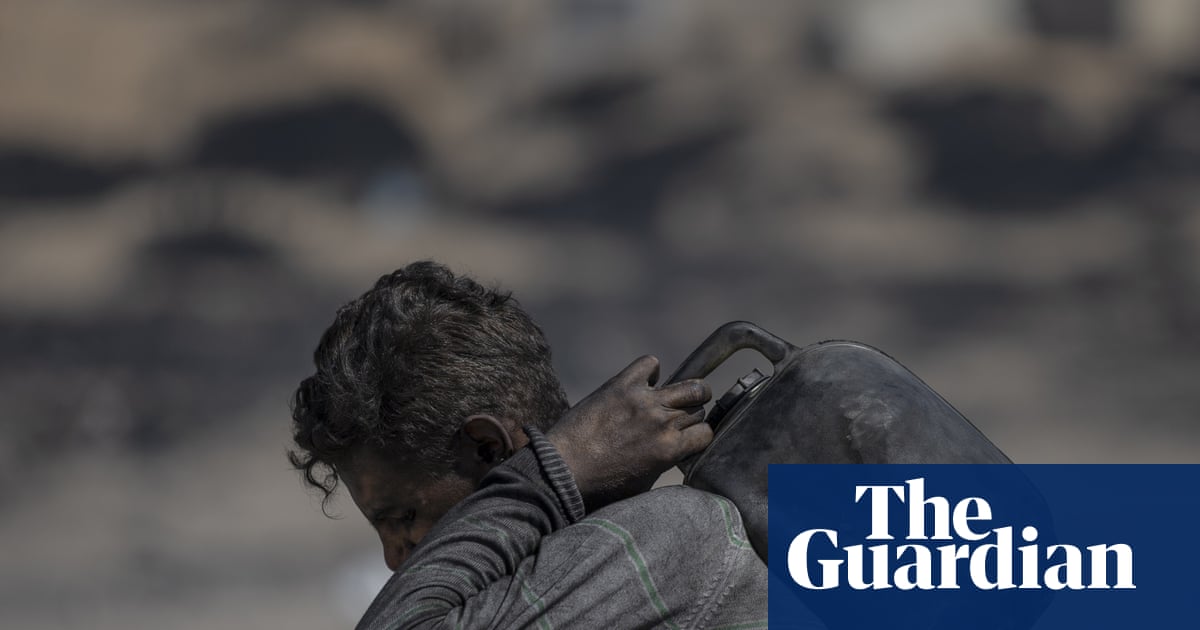For a quarter of a century, Russian media have cultivated a myth of Vladimir Putin’s inspired leadership. State propaganda allows no hint of presidential fallibility. When things go wrong, official news ignores the setbacks. When problems cannot be downplayed, Mr Putin is portrayed as the wise corrector of errors made by underlings.
Foreign perceptions of Mr Putin have been shaped by this image. It has been boosted online by Kremlin influence operations and embraced by nationalist politicians who admire the Russian president’s methods of domestic control and contempt for the rule of law.
Until recently, Donald Trump was the most powerful figure in that category. The US president is no convert to democratic pluralism but he has become notably more suspicious of Russia and less effusive in his admiration for its president. He has threatened Moscow with tightened sanctions if there is not progress towards a ceasefire in Ukraine by the end of this week. Steve Witkoff, the White House special envoy, met Mr Putin on Wednesday for talks. The substance of the discussion was unclear.
Uncertainty also shrouds the reasons for Mr Trump’s shifting stance and its durability. June’s Nato summit appears to have been critical in nudging the president towards greater appreciation of the alliance and scepticism about Mr Putin’s claims to want peace.
The presidential ego is also a factor. Mr Trump campaigned on a pledge to end the Ukraine war and imagined it could be done swiftly. His initial method was to sideline and bully Volodymyr Zelenskyy, Ukraine’s president, while offering sweeping territorial concessions to Russia. That was a disgraceful betrayal of an embattled democracy and a reward for unprovoked military aggression. It was a gift for the Russian president. Yet Mr Putin was not satisfied and instead intensified the onslaught.
Mr Trump has no record of sympathy with Ukraine’s plight, but he is notoriously sensitive to a snub. Mr Putin embarrassed him by refusing to do a quick deal.
The Russian president’s motives are also obscure. He may be betting on the US staying keen to secure a ceasefire on a land-for-peace basis, and so grabbing more land before White House patience runs out altogether. But he is also trapped by his own maximalist demands. He has sent hundreds of thousands of young Russians to their deaths on the grounds that the nation is locked in an existential struggle with the west. He has cast Ukraine as a rogue province to be reintegrated into the greater Russian motherland. He has geared the country’s economy for perpetual war. His image as a great military leader is in jeopardy if Mr Zelenskyy is still the president of a viable sovereign country when the guns fall silent.
There seems no brilliant plan behind Mr Putin’s determination to continue a brutal war of attrition. He does it through inertia and paranoia. He appears afraid to end the fighting on terms that risk ordinary Russians fully grasping the horrific pointlessness of the whole bloody business.
History will surely record Mr Putin’s conduct in Ukraine as the action of a delusional murderer. The myth of the Russian president as some kind of mastermind is just another weapon of propaganda. Its function is to project strength where there is weakness, and make victory seem inevitable when the facts of the war describe a litany of Kremlin failure.
-
Do you have an opinion on the issues raised in this article? If you would like to submit a response of up to 300 words by email to be considered for publication in our letters section, please click here.

 German (DE)
German (DE)  English (US)
English (US)  Spanish (ES)
Spanish (ES)  French (FR)
French (FR)  Hindi (IN)
Hindi (IN)  Italian (IT)
Italian (IT)  Russian (RU)
Russian (RU)  4 weeks ago
4 weeks ago
























Comments